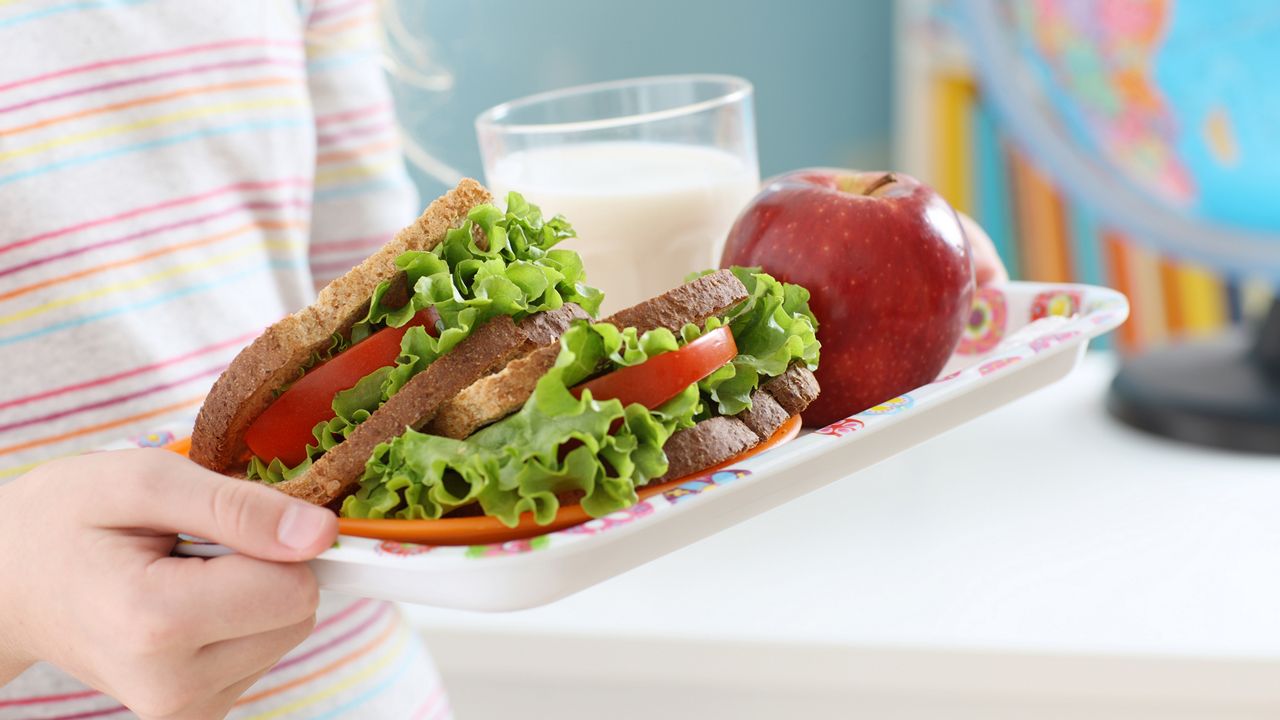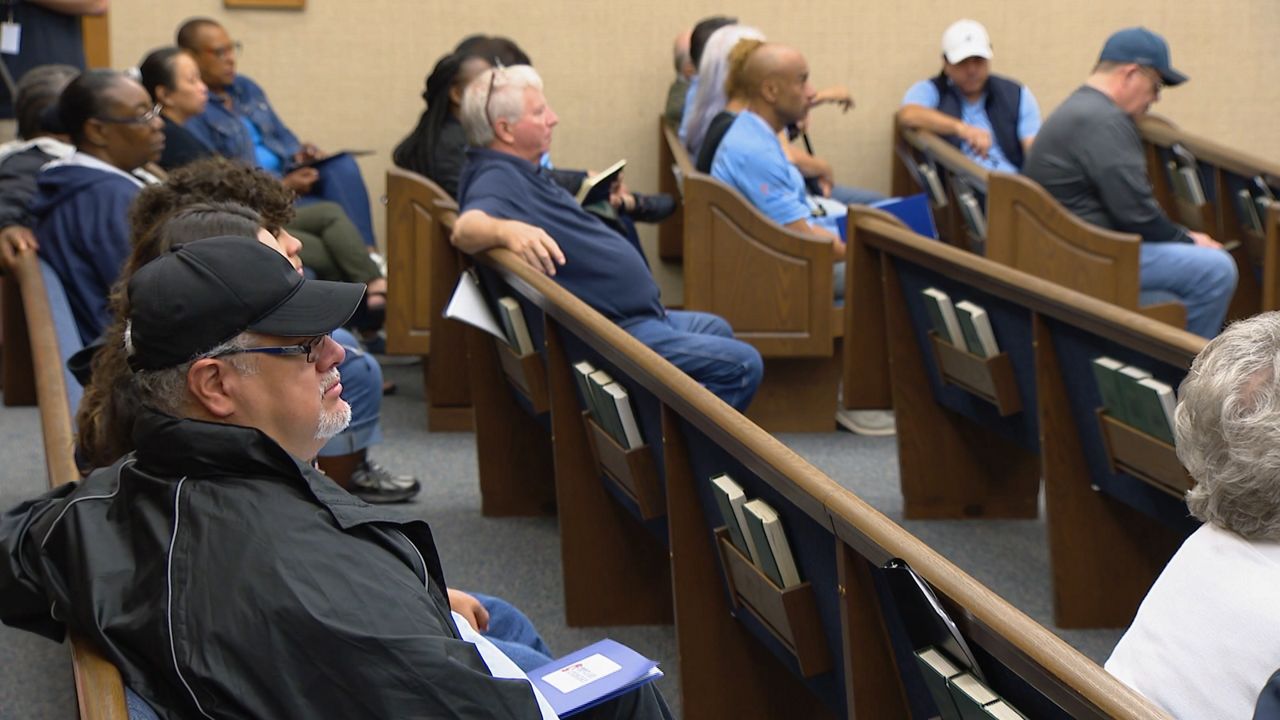Editor's note: A previous version of this story put the number of students identifying as having some food insecurity at 53% per Knights Pantry. That number is actually 35%.
ORANGE COUNTY, Fla. — Over the last year, the University of Central Florida has seen an increase of students not having enough to eat.
According to the website for UCF's Knights Pantry, about 35% of students identified in 2024 as having some level of food insecurity.
What You Need To Know
- According to UCF Communications Manager Margot Winick, about 35% of students identified in 2024 as having some level of food insecurity, with just over 26% reporting very low food security
- Organizers with The Knights Helping Knights Pantry said they received nearly 60,000 visits and served an average of 400 students a day during the 2023-24 school year
- What started in 2009 as a class project has turned into a grassroots initiative to ensure UCF students don’t have to choose between buying textbooks or buying groceries
- The pantry is now working to offer more allergy-friendly food items to accommodate students with dietary restrictions
Organizers with The Knights Helping Knights Pantry said they received nearly 60,000 visits and served an average of 400 students a day during the 2023-24 school year.
What started in 2009 as a class project has turned into a grassroots initiative to ensure UCF students don’t have to choose between buying textbooks or buying groceries.
Now, the pantry is working to offer more allergy-friendly food items, in part because organizers said they see about 15% of students that use the pantry have some type of dietary restriction, according to UCF.
UCF student Melidy Terraccio, who has celiac disease, said the pantry has been a game-changer since she learned about it. It offers gluten-free options at no cost and allows her to focus on her studies.
“There are a lot of students who I know struggle with paying for college and school in the first place. Food is just an addition that makes a lot of things harder,” Terraccio said.
According to a 2019 study by the Celiac Disease Center, gluten-free products are around 183% more expensive than their regular counterparts.
“Being able to feed yourself as a college student can be kinda hard,” Terraccio said. “Being able to come here to get food that you can either put in a microwave or cook together, and make a whole meal for yourself.”
Knights Pantry manager Chloe Milliron said students helping students is what makes the pantry special.
“What makes this pantry so amazing is that it is fellow students helping each other in whatever way they can,” she said. “It’s every student helping each other because we want to see each other succeed and be the best.”
Last year, the Knights Pantry distributed over 185,000 pounds of food to students in need, with volunteers completing over 6,000 hours in the pantry.




)

